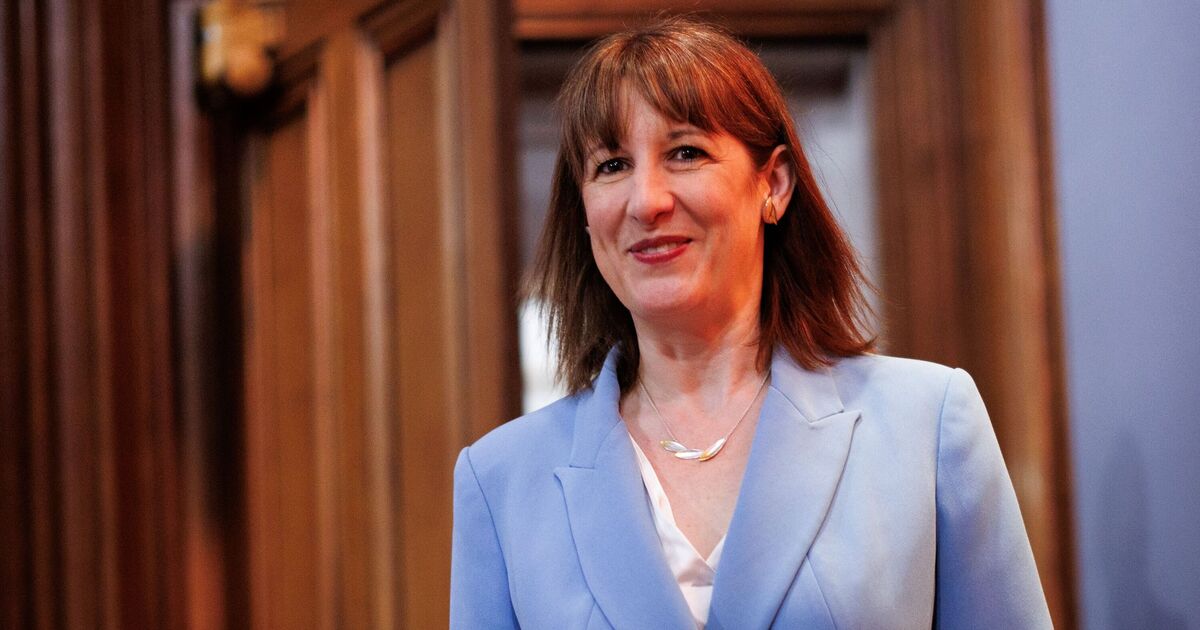

Chancellor Rachel Reeves’ plan to grow the economy by raising billions from pension funds was dealt a blow when banking giant Lloyds Bank refused to take part. The Chancellor hopes to find £50 billion of investment for UK businesses and major infrastructure projects thanks to a new agreement with Britain’s biggest pension funds. She is signing a deal with 17 workplace pension providers today.
But Scottish Widows, the pension arm of Lloyds Bank, has refused to sign the deal. The Chancellor wants UK pension funds to invest more in Britain, rather than in the US stock market. She argues this will not only boost the economy but provide higher returns for workers saving into a pension fund, ultimately giving them a better income when they retire. However some experts argue that it could leave workers worse off.
Chirantan Barua, Scottish Widows’ chief executive, said that investment decisions would be guided solely by returns instead of geography, the Telegraph reports. He said: “We will continue this investment approach to support our communities where it generates strong returns for pensioners.”
Those signing up commit to allocating at least 5% of defined contribution pension funds to the UK, assuming that there is a sufficient supply of suitable assets.
That 5% commitment is expected to release £25 billion directly into the UK economy by 2030, with some pension funds indicating privately they will go beyond the targets agreed through the accord.
At a signing ceremony at a breakfast meeting with pension fund executives, the Chancellor said: “I think this accord is a milestone in our plan to ensure that the pension system works better for savers.
“In the end, that’s what all of your businesses are about and that is what this government wants to achieve.
“But when people make the sacrifice of saving into a pension, they should be assured that that money is going to work well for them. And we have seen over recent years, over recent decades, I think, an allocation which is not always best for savers.”
She added: “We know that the reforms that we are making today, the accord that you’re all signing, will make it easier for our brilliant start-up and scale-up businesses to access finance, to grow their businesses, to create good jobs, obviously to create wealth and opportunity for this country.”
Those signing up are: Aegon UK, Aon, Aviva, Legal & General, LifeSight, M&G, Mercer, NatWest Cushon, Nest, now:pensions, Phoenix Group, Royal London, Smart Pension, the People’s Pension, SEI, TPT Retirement Solutions and the Universities Superannuation Scheme (USS).
A defined contribution pension fund is now the norm in the private sector. People pay into a fund as they work, with contributions usually taken automatically from their salary, and can then use the money once they reach the age of 55, with the age limit rising to 57 in 2028. One option then is to purchase an annuity, which gives a guaranteed income each year.
The amount a worker ends up with have is partly a result of how much they have paid in, but it is also affected by how the fund is invested.
The other main type of pension is a defined benefit scheme, sometimes known as a final salary or career average salary pension, but these have largely disappeared in the private sector.